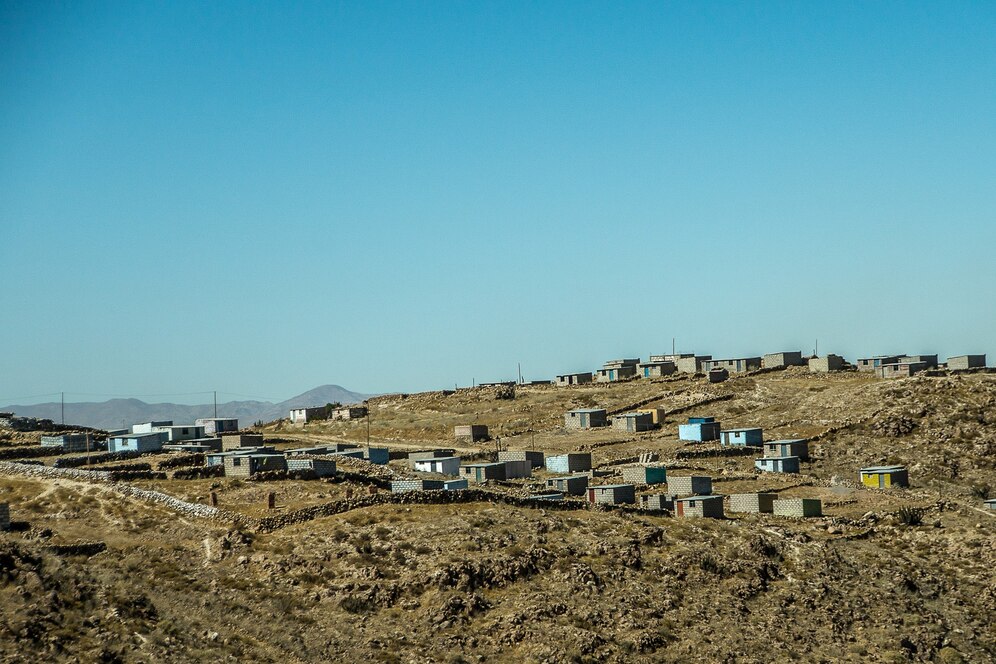Access to safe and adequate shelter is a fundamental human right, essential for individual well-being, social stability, and economic development. In Namibia, the executive branch plays a pivotal role in addressing housing challenges and ensuring that people have access to suitable shelter. This blog will explore how the executive branch in Namibia provides shelter to its citizens, highlighting key initiatives, policies, and strategies that have been implemented to address housing needs.
- National Housing Policy:
The executive branch of the Namibian government has formulated a National Housing Policy to guide its efforts in providing shelter to the population. This policy outlines strategies to facilitate affordable, accessible, and sustainable housing options for all citizens. It emphasizes the importance of collaboration between government agencies, private sector entities, and civil society organizations to achieve housing goals. - Low-Income Housing Programs:
To address the housing needs of low-income individuals and families, the executive branch has implemented various programs. One such initiative is the Mass Housing Development Program, which aims to provide affordable houses to low-income earners. Through partnerships with private developers, the government facilitates the construction of affordable housing units, making homeownership more accessible to those in need. - Land Allocation and Urban Planning:
The executive branch recognizes the significance of land allocation and urban planning in ensuring equitable access to shelter. Efforts have been made to allocate land for housing purposes and implement comprehensive urban planning strategies. This includes the identification of suitable land for residential development, the provision of basic infrastructure and services, and the creation of sustainable communities with access to amenities like schools, healthcare facilities, and public transportation. - Upgrading Informal Settlements:
Namibia, like many countries, faces the challenge of informal settlements, where people live in inadequate and often unsafe conditions. The executive branch has initiated programs focused on upgrading these settlements to provide improved housing and living conditions. These initiatives involve infrastructure development, provision of basic services, and land regularization to ensure the legal status and security of tenure for residents. - Collaboration with International Partners:
The executive branch actively collaborates with international partners and organizations to address housing challenges. By leveraging resources, technical expertise, and financial support, Namibia can implement sustainable housing solutions. Partnerships with entities such as the United Nations Human Settlements Programme (UN-Habitat) and bilateral cooperation with other countries have contributed to the implementation of effective housing programs and the sharing of best practices. - Empowering Local Authorities:
Recognizing the importance of decentralized decision-making, the executive branch empowers local authorities to address housing needs within their jurisdictions. By providing support, capacity-building, and funding, local authorities can develop and implement housing plans tailored to their specific contexts. This approach ensures that housing initiatives are responsive to local priorities, demographics, and socio-economic conditions. - Awareness and Education:
The executive branch also plays a crucial role in raising awareness and educating the public about housing rights, opportunities, and available support systems. By conducting public campaigns, disseminating information, and engaging with communities, the government can empower individuals to make informed decisions regarding housing options, financial assistance, and legal rights.
The executive branch in Namibia plays a vital role in providing shelter to its citizens. Through the implementation of comprehensive policies, low-income housing programs, land allocation, urban planning, and collaboration with international partners, the government strives to address housing challenges and improve living conditions. By empowering local authorities and raising public awareness, the executive branch fosters a collaborative approach to housing provision. However, continued efforts and innovative strategies are needed to ensure that all Namibians have access to safe, affordable, and adequate shelter, thereby contributing to the overall well-being and prosperity of the nation.
